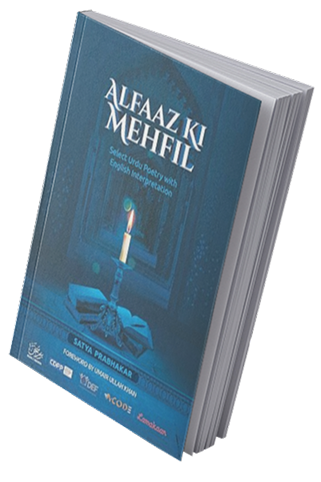
3 Urdu ash'ar / shaayari (shers, couplets) by
Kaifi Azmi
1918-2002,
Azamgarh (Uttar Pradesh)
Kaifi Azmi Biography
Quick Facts
- Born: January 14, 1919; Mizwaan, Azamgarh, United Provinces, British India
- Died: May 10, 2002; Mumbai, India
- Pen Name: Kaifi Azmi
- Full Name: Sayyid Akhtar Hussein Rizvi
- Notable Awards: Padma Shri, Sahitya Akademi Award, Filmfare Award, National Film Award
- Profession: Poet, Lyricist, Screenwriter, Activist
- Languages Known: Urdu, Hindi, Persian
- Spouse: Shaukat Kaifi (theatre actress)
- Children: Shabana Azmi (actress), Baba Azmi (cinematographer)
Kaifi Azmi was not just a poet. He was a force of thought, emotion, and social change. Born in 1919 in a small village called Mizwaan in Azamgarh, he belonged to a deeply traditional Shia Muslim family. But Kaifi’s mind was always open, and his pen was meant to challenge the status quo.
He started writing poetry in his teens and joined the Progressive Writers' Movement, which believed that literature should serve the people and reflect social realities. He gave up his studies at Aligarh Muslim University and became a full-time activist, working with the Communist Party of India. His political commitment was not theoretical. He lived among mill workers in Mumbai, gave speeches, wrote protest poems, and often struggled financially.
Kaifi’s poetry touched everything from love and beauty to poverty, class struggle, and human dignity. His writing style was rich but never difficult, making deep thoughts feel accessible. His famous poem Aurat challenged the traditional roles assigned to women and called for equality, long before feminism became mainstream in India.
Alongside his poetry, Kaifi made a name in Hindi cinema. He wrote soulful lyrics for films like Kaagaz Ke Phool, Haqeeqat, Heer Ranjha, and Garam Hawa. His screenwriting for Garam Hawa in particular, which portrayed the struggles of Indian Muslims after Partition, is still considered one of the most powerful scripts in Indian film history.
He was married to Shaukat Kaifi, a renowned actress in the Indian People’s Theatre Association. Their marriage was a true partnership of art and activism. Their daughter, Shabana Azmi, became one of India’s most respected film and theatre actresses. Their son, Baba Azmi, is a noted cinematographer.
In his later years, after suffering a stroke, Kaifi continued to write from his wheelchair. He also initiated rural development work in his native village, building schools, clinics, and roads. For him, poetry was not just a passion. It was a tool for transformation.
Kaifi Azmi passed away in 2002, but his words live on. He wrote with heart, walked with the people, and believed that poetry could shape a better world.
1 / 3: Kaifi Azmi
kyun kar na lutf
baada-kashi ka ho aab mein
baarish mein jo huroof hain
woh hain sharaab mein
why shouldn't the pleasure
of wine also exist in water?
the expressive intoxication of rain
is also found in wine
Kaifi Azmi (3)
comfort, joy, pleasure
wine drinking
water
rain
letters
wine, liquor, drink
Theme: Nature, World & Universe (47)
3
0
1
81
2 / 3: Kaifi Azmi
insaan ki khwahishon ki
koi inteha nahi
do gaz zameen bhi chahiye
do gaj kafan ke baad
there is no limit
to the human need
after two yards of shroud
needs two yards of land
Kaifi Azmi (3)
Theme: Hopes, Aspirations & Dreams (35)
0
0
0
4.0K
3 / 3: Kaifi Azmi
waqt ne kiya
kya haseen sitam
tum rahe na tum
hum rahe na hum
what a beautiful tragedy
time has produced
you have not remained the same
nor have i remained myself
Kaifi Azmi (3)
Theme: Friends, Family & Community (117)
2
0
1
2.1K
Featured Shaayars
427 Shaayars
Featured Themes

Urdu Poetry, Simply Told
classic Urdu shers with simple translations, poetic insights, and mini-dictionaries for every poetry lover...
A heartfelt collection of Classic Urdu shers...



Alfaaz Ki Mehfil is a curated space for timeless poetry celebrating words, emotions, and the enduring beauty of expression. From classic Urdu couplets to modern reflections, it brings together generations of poetic voices that speak of love, longing, hope, and the human soul.
